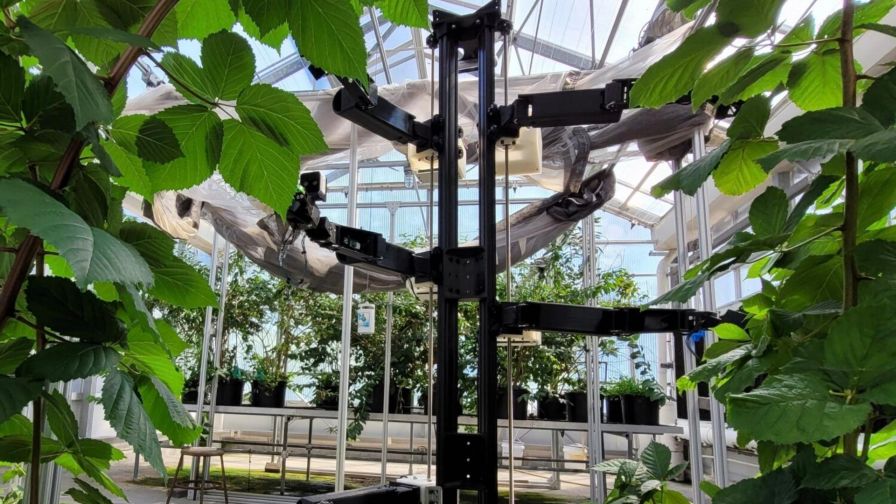How Biostimulants Can Help Crops Withstand Drought and Heat Conditions
Drought can cost growers around the world billions of dollars in crop losses every year. However, new university trial results show that combining biostimulants with micronutrients could be the answer to food security.
The study, conducted by researchers at England-based Nottingham Trent University in collaboration with Micromix (https://www.micromix.com/), looked at the effect of a hybrid biostimulant with nutrients on drought and heat tolerance in a range of crops. It found that the product changed the plants’ response to stress, increasing drought tolerance by 25% to 35% and boosting yields by up to 30%.
“This is game-changing and could offer a big contribution to global food security,” says Chungui Lu, Professor of Sustainable Agriculture at the university. “In the UK alone, we could save millions of pounds in lost crops.”
Abiotic stress due to extreme temperatures, water, salt, and solar radiation, induces a metabolic and epigenetic change in a plant, weakening its natural defense mechanisms and increasing its susceptibility to disease, pests, and subsequent crop failure, Lu says. “Biostimulants have the potential to affect a plant’s response to this stress, stimulating its own natural processes, while micronutrients enrich its growing environment. This new formulation comprises a number of key nutritional materials, including micronutrients, in a novel combination with several biostimulant components, which will suppress abiotic stress and stimulate further growth.”
The trial is the latest to be carried out on this new technology, after it produced remarkable effects under initial testing on protected salad and field crops in the Middle East, South East Asia, and Europe.
“We realized we had accidentally discovered a new kind of synergy, and needed to validate it scientifically,” says Wilson Boardman, founder at Micromix and product developer. In 2014, with Prof Lu, he secured a research grant, through which they discovered that the key genes relating to heat tolerance were strongly upregulated by the new technology.
The 2014 trial focused on bell peppers, which are very heat sensitive and start to wilt or even stop growing at high temperatures. But the treated crops were still actively growing above 85⁰F, boosting yields by 20% and shelf life by 44%, alongside an improvement in fruit mineral content.
“This has directly led to important new discoveries in epigenetics and a further research project,” Lu says.










